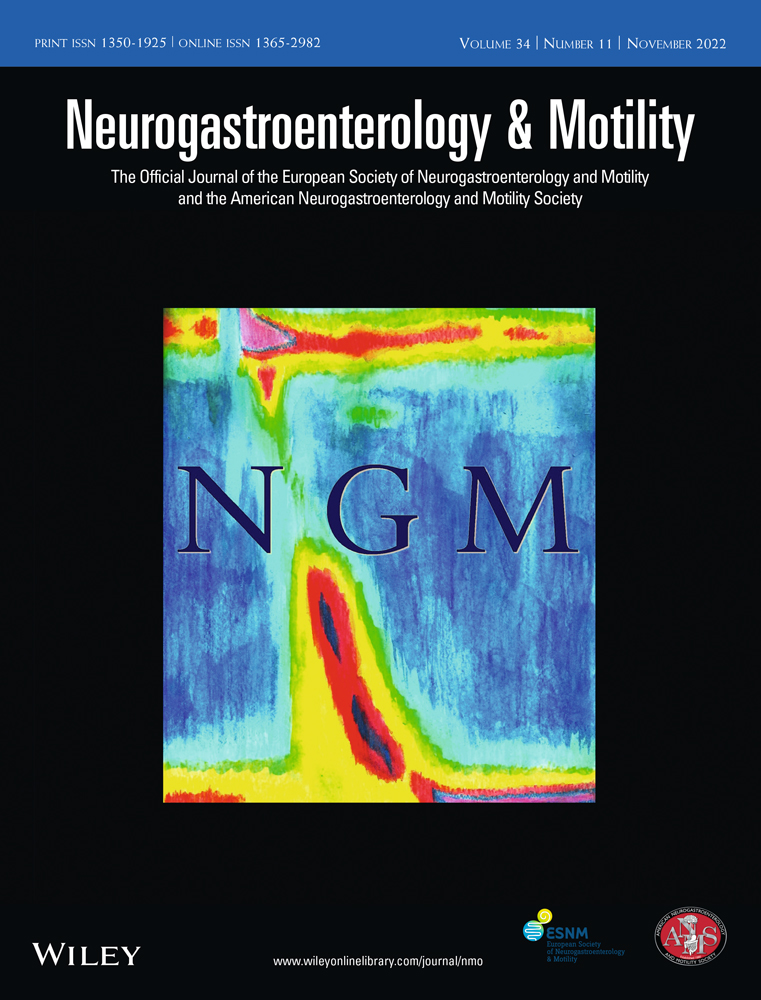Rectocele: Incidental or important? Observe or operate? Contemporary diagnosis and management in the multidisciplinary era
Abstract
Background
More common in older women than younger women, rectoceles may be secondary to pelvic floor weakness and/or pelvic floor dysfunction with impaired rectal evacuation. Rectoceles may be small (<2 cm), medium (2–4 cm), or large (>4 cm). Arguably, large rectoceles are more likely to be associated with symptoms (e.g., difficult defecation). It can be challenging to ascertain the extent to which a rectocele is secondary to pelvic floor dysfunction and/or whether a rectocele, rather than associated pelvic floor dysfunction, is responsible for symptoms. Surgical repair should be considered when initial treatment measures (e.g., bowel modifying agents and pelvic floor biofeedback therapy) are unsuccessful.
Purpose
We summarize the clinical features, diagnosis, and management of rectoceles, with an emphasis on outcomes after surgical repair. This review accompanies a retrospective analysis of outcomes after multidisciplinary, transvaginal rectocele repair procedures undertaken by three colorectal surgeons in 215 patients at a large teaching hospital in the UK. A majority of patients had a large rectocele. Some patients also underwent an anterior levatorplasty and/or an enterocele repair. All patients were jointly assessed, and some patients underwent surgery by colorectal and urogynecologic surgeons. In this cohort, the perioperative data, efficacy, and harms outcomes are comparable with historical data predominantly derived from retrospective series in which patients had a good outcome (67%–78%), symptoms of difficult defecation improved (30%–50%), and patients had a recurrent rectocele 2 years after surgery (17%). Building on these data, prospective studies that rigorously evaluate outcomes after surgical repair are necessary.
CONFLICTS OF INTEREST
The authors have no conflicts of interest. Portions of this manuscript have been published in Pelvic floor Society, National Institute for Health Research: Chronic Constipation Treatment Pathway (Including: Grossi, U., Horrocks, E. J., Mason, James, Knowles, C. H. and Williams, A. B.). (2017) Surgery for constipation: systematic review and practice recommendations. Results IV: Recto-vaginal reinforcement procedures. Colorectal Disease, 19 (S3). pp. 73–91, with permission from Dr Charles H. Knowles.




